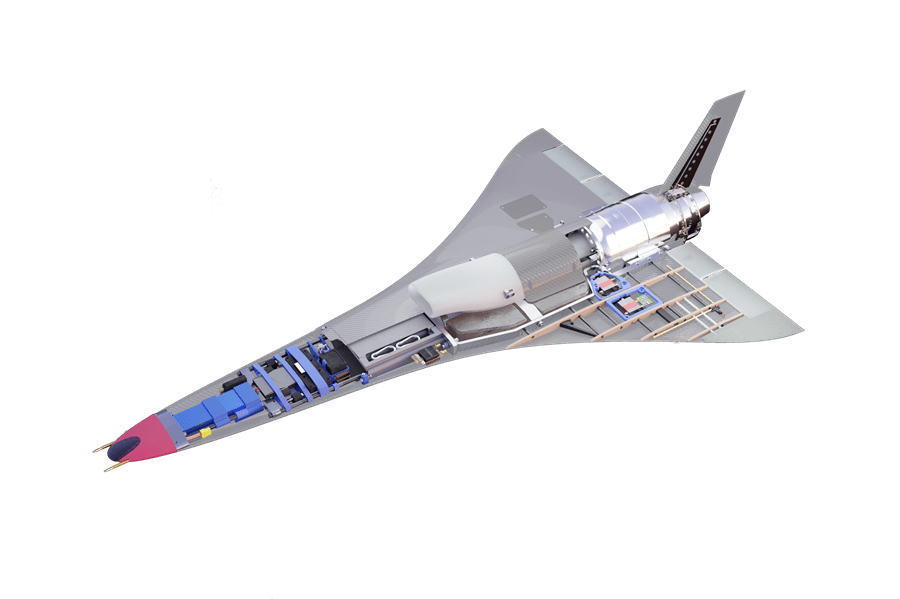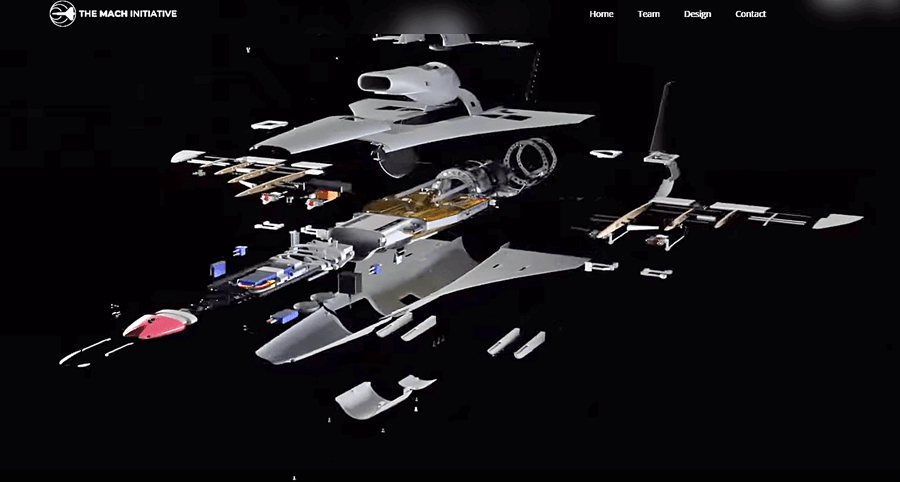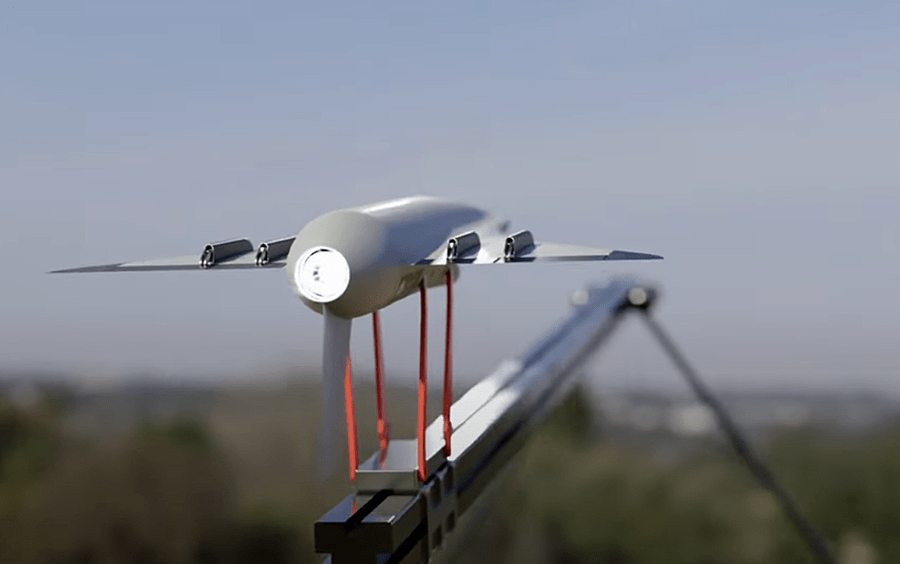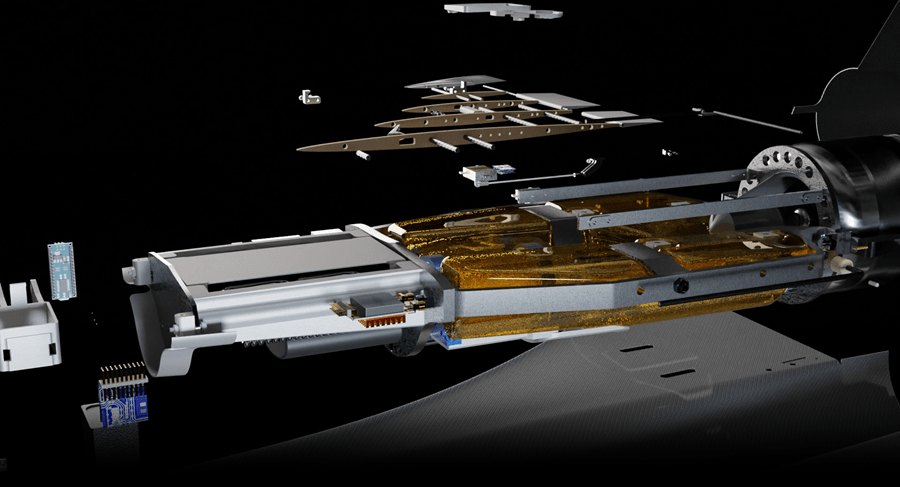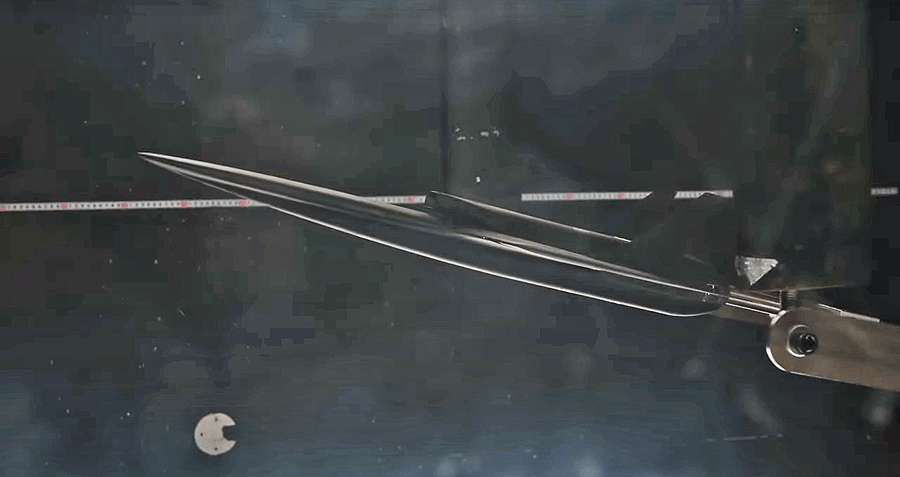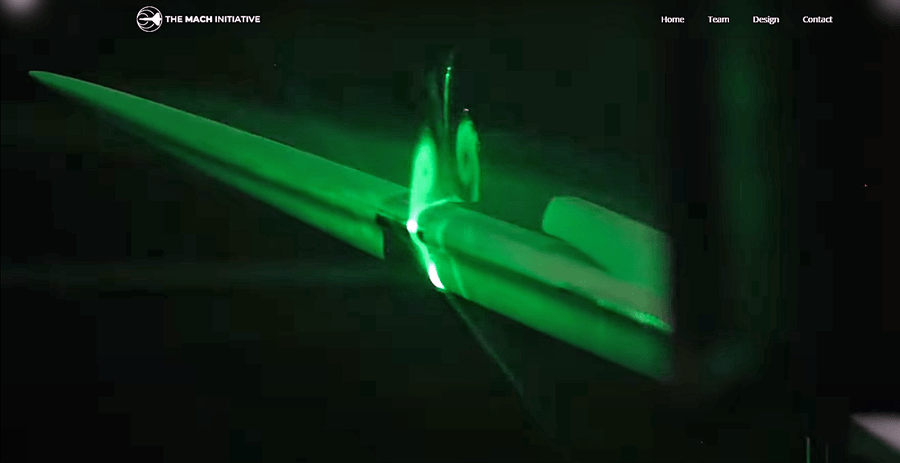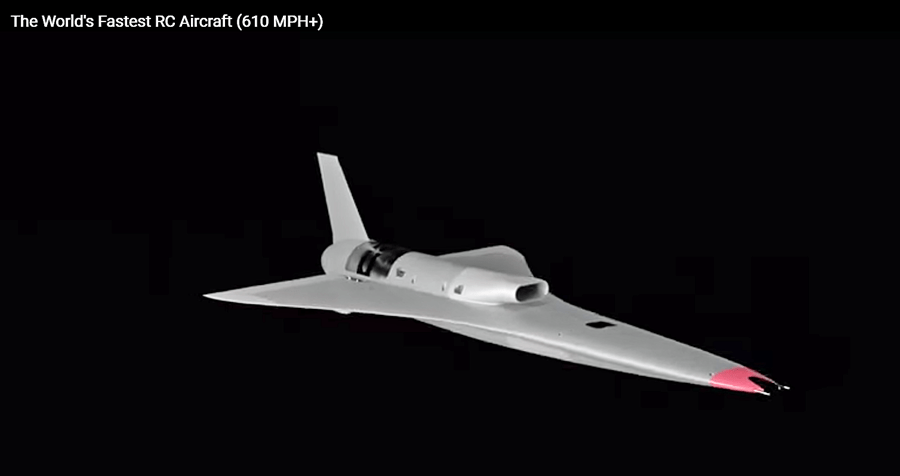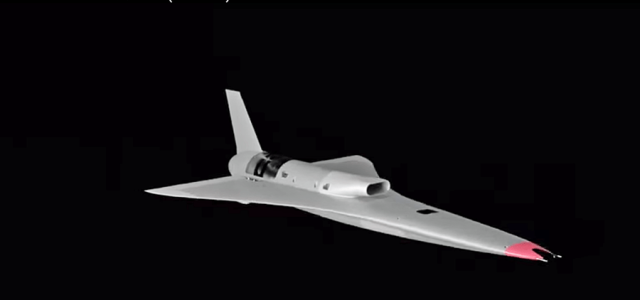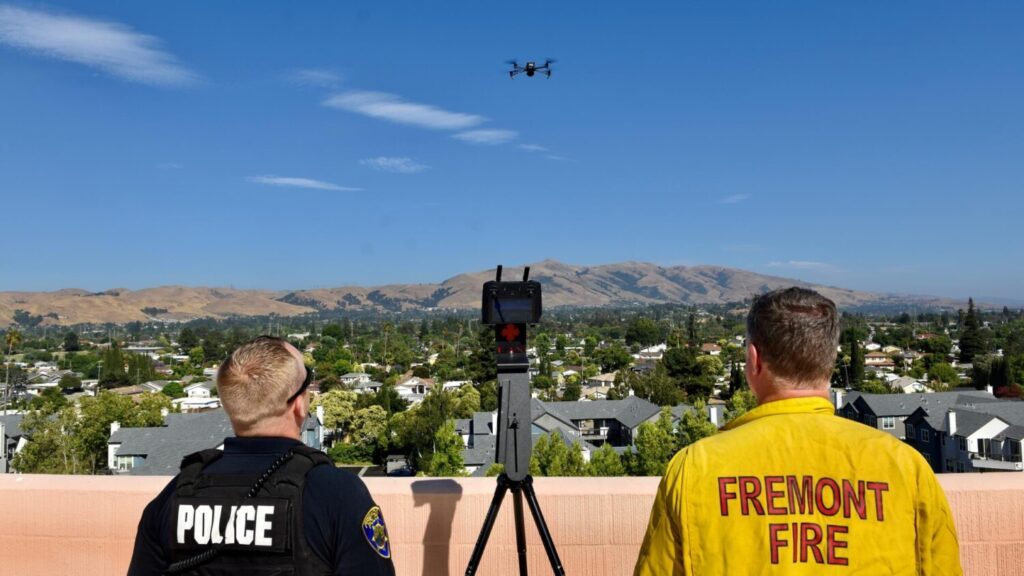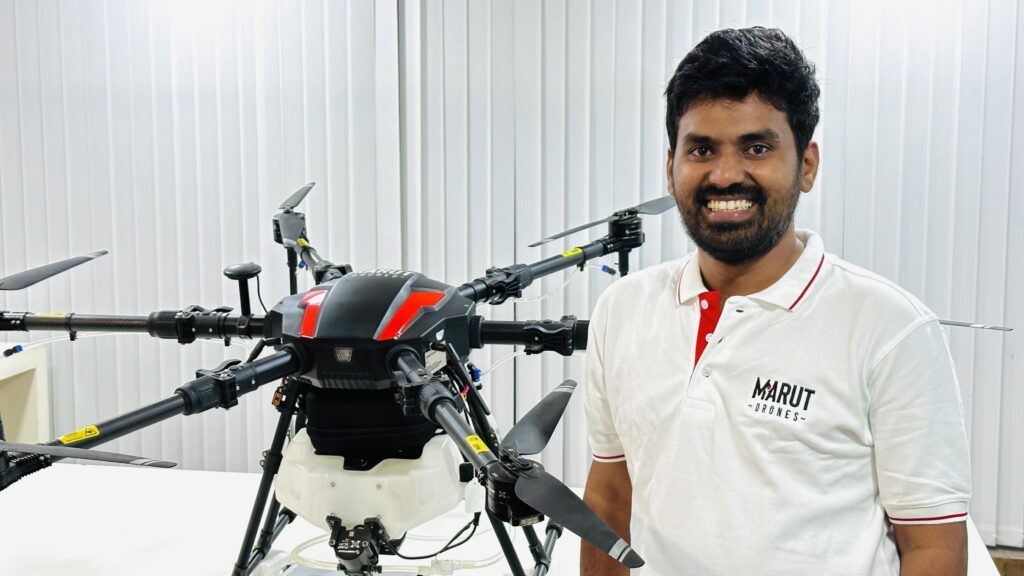In 2017, German pilot Niels Herbrich flew his do-it-yourself remote-control aircraft at 465mph (Mach 0.62). Six years later, his pace file stays unbroken. The Mach Initiative goals to interrupt this file with an plane that may attain speeds exceeding 600 mph (Mach 0.8) at sea stage. Using a small, carefully built-in workforce of scholars on the College of Tub has facilitated the speedy iteration of designs. The workforce has moved from idea to fabricate of its Kingfisher plane in beneath 8-months. In compliance with the necessities of the file, the plane should take off, and fly by way of a 35m excessive, 400m lengthy timing monitor in alternate instructions earlier than touchdown, refueling, and repeating. Thrust should be generated utilizing air-breathing engines.
Kingfisher is a 1.3-meter lengthy blended delta wing powered by a Jetcat P300 Professional micro-turbojet engine. The Kingfisher will launch from a pneumatic catapult system, performing a collection of accelerated turns to succeed in 610 mph (Mach 0.8 at sea stage) within the timing monitor. To maintain the inlet on the underside for propulsive efficiency, the Kingfisher performs most of its flight the other way up, earlier than rolling over for a stomach touchdown to keep away from the necessity for touchdown gear. The Kingfisher additionally carries a parachute flight termination system, along side redundant avionics and flight-control methods, utilizing a security hierarchy to make sure it by no means leaves the take a look at vary. The workforce labored carefully with Callen Lenz in the course of the design, studying from their wealth of experience in creating industrial UAVs, which included working with their pilots to make sure the plane is flyable. The fiberglass semi-monocoque construction, chosen for its radio transparency, was optimized utilizing Finite Component Evaluation, with inner ribs, bulkheads and spars additionally offering mounting factors for off-the-shelf parts and entry hatches for maintainability. In the meantime, 4 elevons management the plane in pitch and roll, with these sized to trim the plane even when one fails. These are managed utilizing a Pixhawk Dice autopilot which additionally helps autonomous GPS waypoint missions, together with an FPV digicam and laser altimeter to take care of a 35m floor top within the timing monitor. Story and images courtesy of The Mach Initiative.

